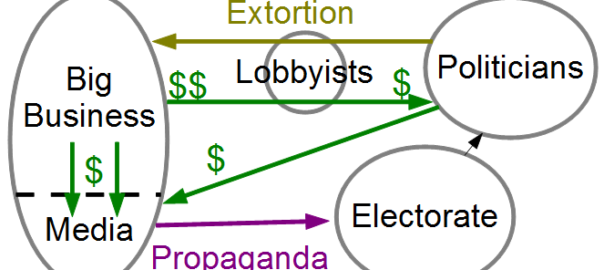Podcast: Play in new window | Download
Subscribe: Apple Podcasts | RSS
We’ve spoken before with journalist lulu Fries’dat about her report An Electoral System in Crisis. That report examined statistical anomalies in the 2016 presidential primaries. She and her team of statisticians found evidence of possible vote rigging in both political parties.
This week, we speak with Fries’dat about troubling findings in her new report on the Florida Democratic primary between Debbie Wasserman Schultz and Tim Canova, An Unpredictable, High Stakes Election.  Continue reading

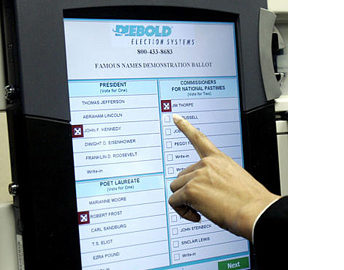
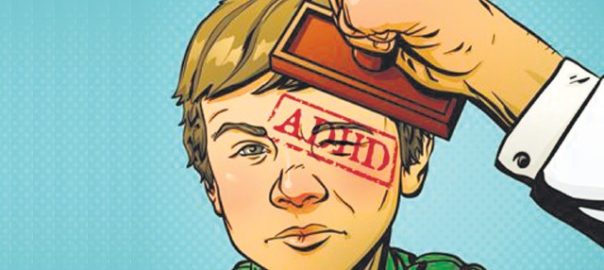
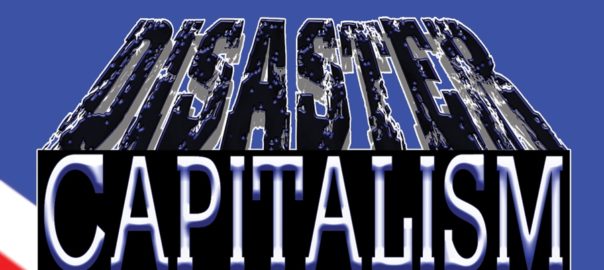
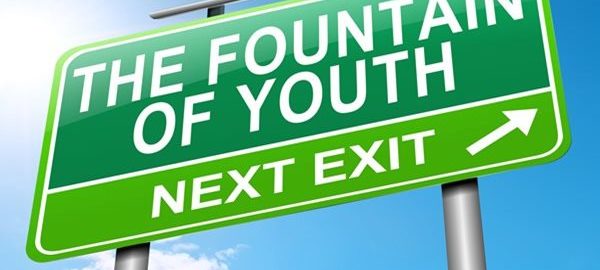
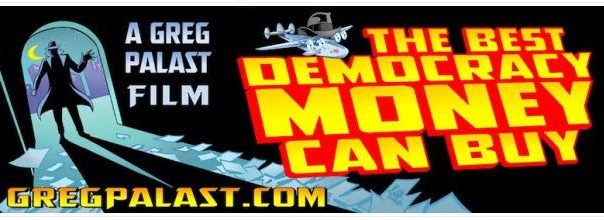
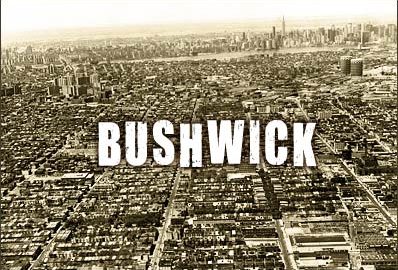
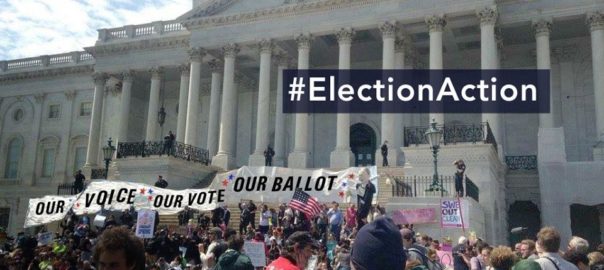
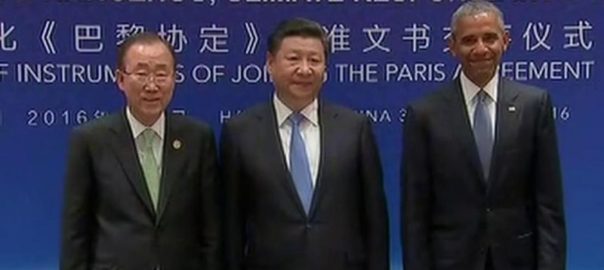
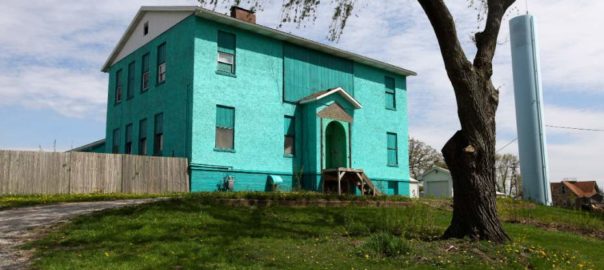

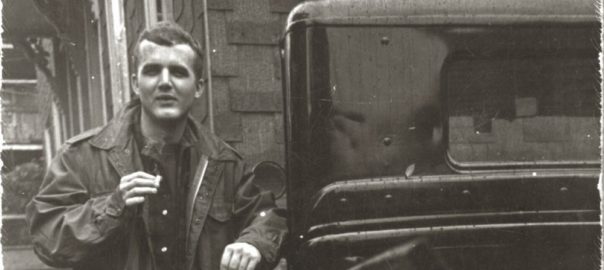
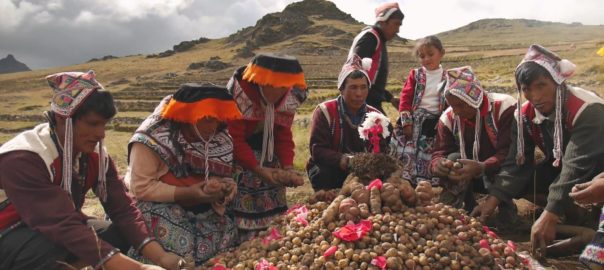
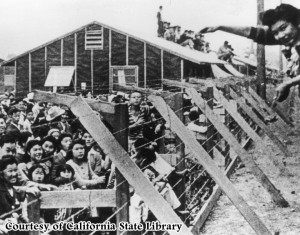
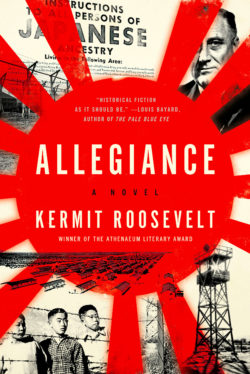 The following is an excerpt from
The following is an excerpt from 